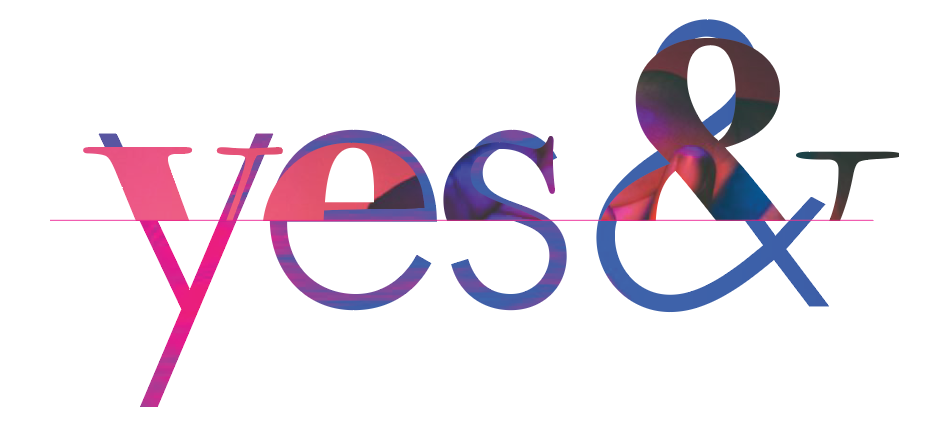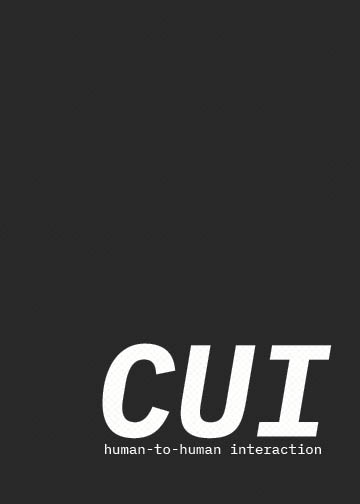At the risk of verging on “good old days” territory, standing on a soapbox in another Internet forum where these kinds of discussions are not uncommon, I have a bone to pick with CUI. Specifically, in our application of computer-user-interfaces.
We boast a cohort culture of collaboration and emphasize process over product…until we don’t. Interviews for a useful CUI (an assignment) skate over classmates with concerns about medication, the pressure to perform academically, loneliness, and looming anxiety. Questions posed for CUI design argue for user vulnerability or wellness, while their designers are awake until 3 or rising early to skip breakfast and keep working.
There is no inherent malice in CUI. The technology is often used to chat with people in crisis, offer medical and mental health advice, and even access emergency services. Every measure is taken to ensure CUI’s are not abused; studies on CUI ethics and designing to protect users are pervasive in the field. It’s the people behind the interface, often, that we forget to protect. Interfaces quizzing classmates on their sleep habits, mood, and self-confidence are poorly blanketing human-to-human I-you interactions.
Maybe this is a shout into the void of all the under-eye circles and over-caffeinated designers, but a tangible reminder, nonetheless, that sometimes the things we ask of technology, we might ask of each other.

